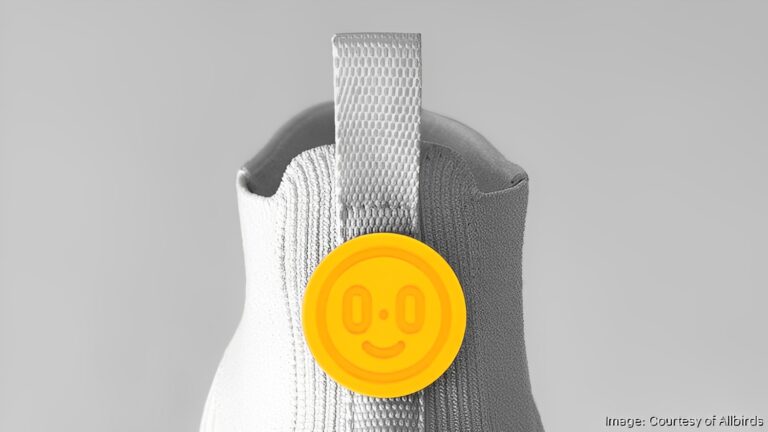
Allbirds announces first zero-carbon footwear made from carbon negative materials
Allbirds has invented the first zero-carbon footwear, called the “M0.0NSHOT.”

Allbirds has invented the first zero-carbon footwear, called the “M0.0NSHOT.”

Founded in 2007, JRNI aimed to become the global leader in customer interaction platforms.
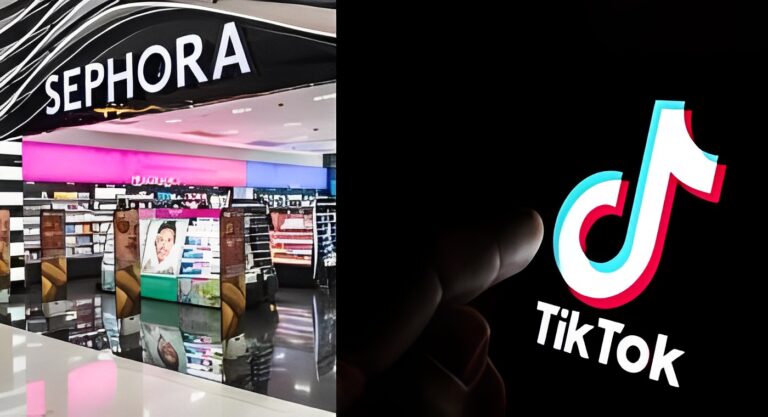
Sephora and TikTok have established a new relationship to support the growth of new companies on the social media platform.
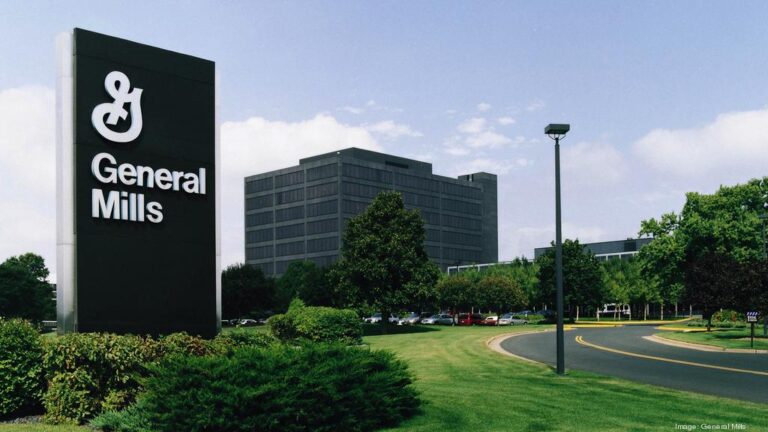
Throughout the first six months, General Mills attracted 2 million users to its Good Rewards loyalty programme, which is intended to play an important part in the company’s bigger linked commerce plan.
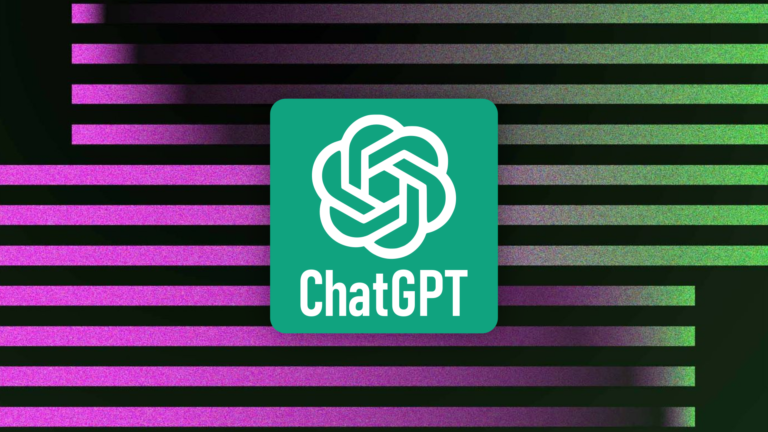
Unilever has used analytics and artificial intelligence to react to the pandemic’s problems.

TikTok has grown in popularity in the retail industry, particularly among Gen-Z customers.
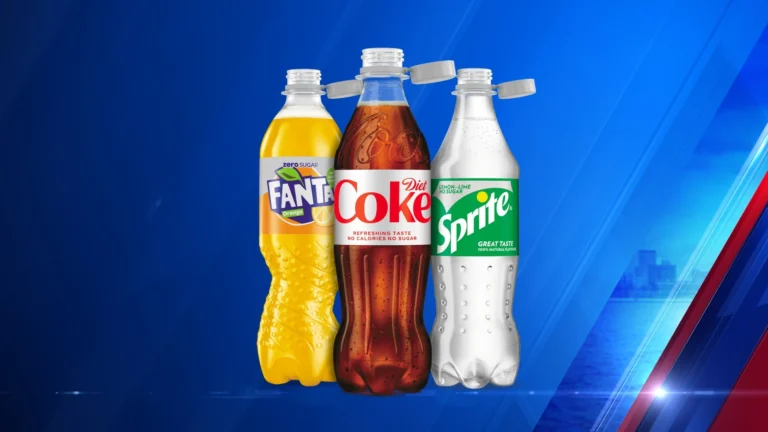
Berry Global Group, a business that specialises on creative packaging and engineered goods, has launched a collaborative initiative with Coca-Cola to offer the beverage giant tethered caps, which would reduce littering and increase recycling.
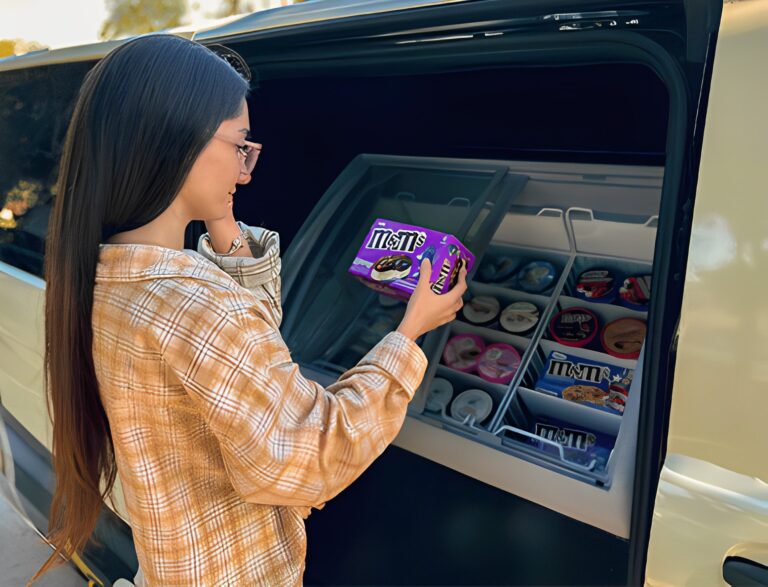
In Hollywood, California, Mars, Inc. is testing a “store-hailing” project that includes on-demand mobile ice cream shops.
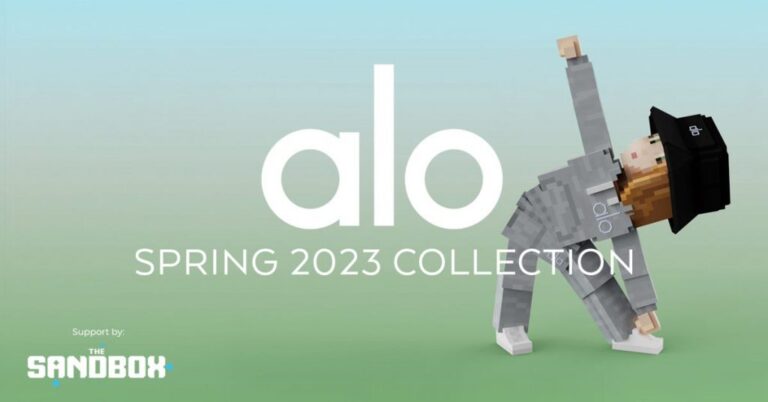
Alo Yoga has collaborated with The Sandbox, a decentralised virtual environment, to launch a line of digital Alo wearables.
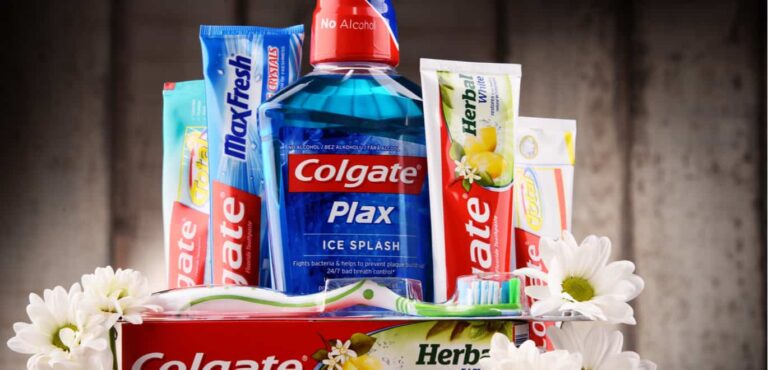
Colgate-Palmolive used intelligent automation to optimise work processes as part of a bigger effort to increase digitalisation initiatives.
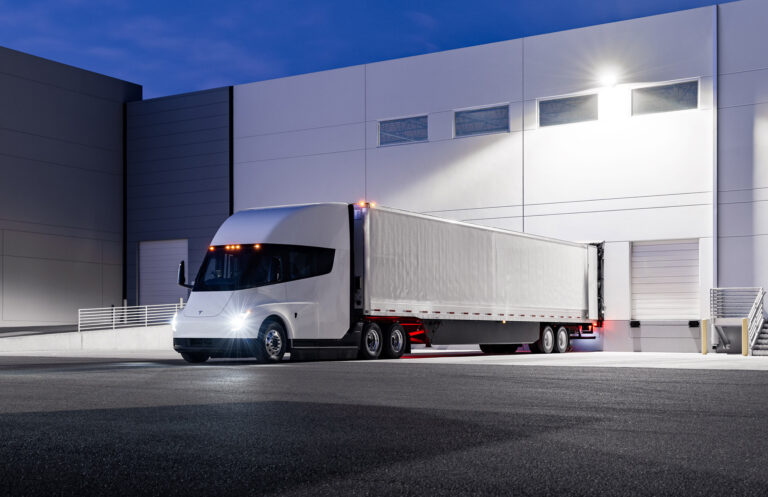
The Tesla Semi has been one of the company’s most delayed products, with PepsiCo being the first client with 100 vehicles it pre-ordered.
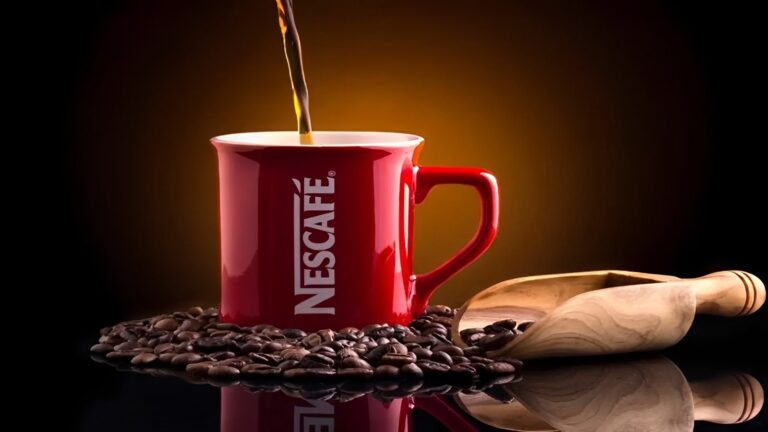
Nestlé is testing the use of VR in product development, experimenting with tools and technology that will allow them to swiftly generate and test product prototypes across the metaverse and Web3.
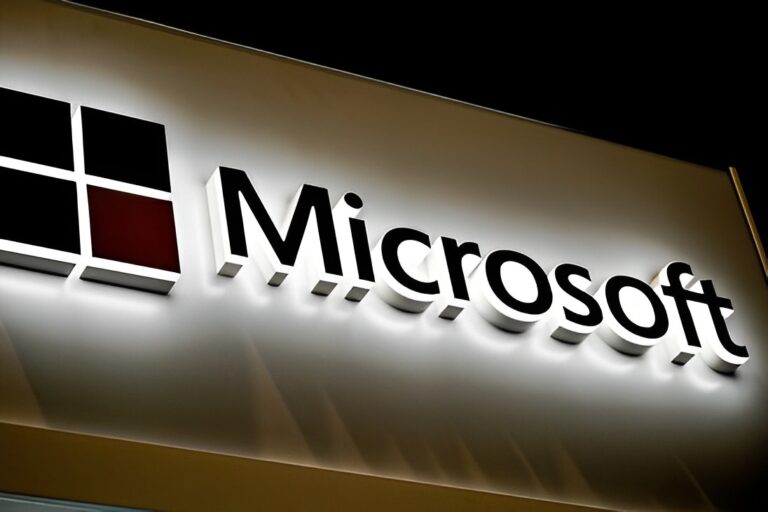
The winners of Gartner’s Power of the Profession Supply Chain Awards have been revealed.
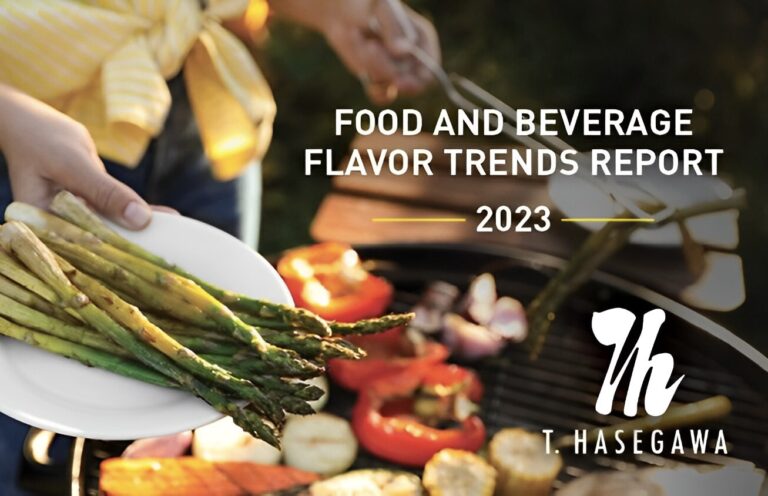
T. Hasegawa USA has released its 2023 Food and Beverage Flavor Report, which highlights this year’s main trends in food and beverage flavours, up-and-coming ingredients, packaged food and restaurant projections, and more.
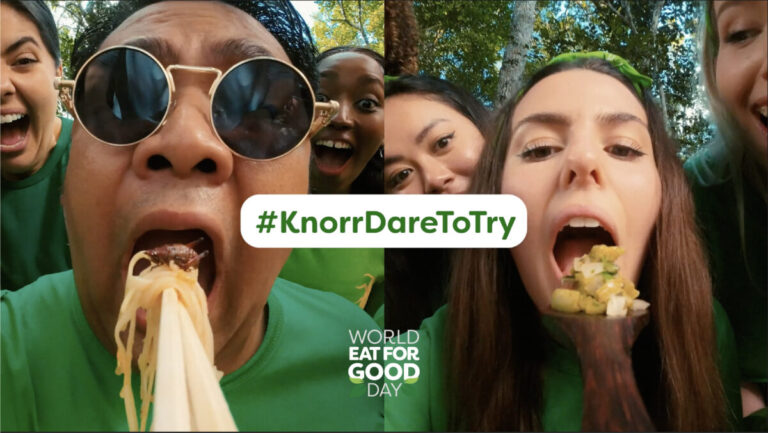
Unilever-owned Knorr’s ‘Dare to Try’ campaign was created in collaboration with IPG agencies MullenLowe, Weber Shandwick, R&CPMK, and Swamp Motel to underline that dishes may be delicious while also incorporating underutilised foods that represent more sustainable options.
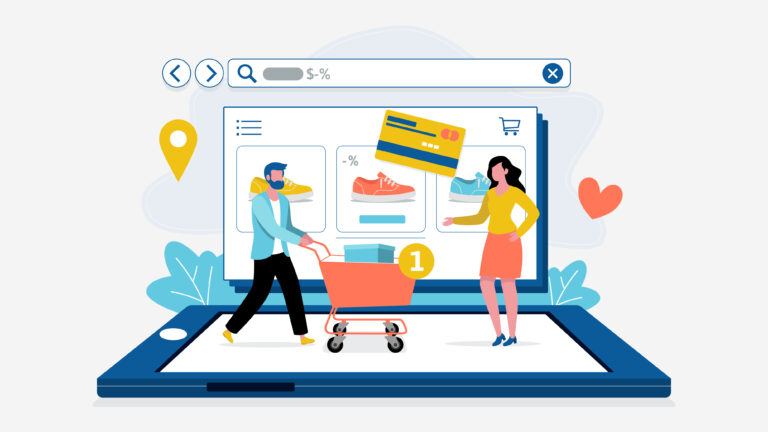
Because of the high marketing costs associated with internet sales, DTC firms are increasingly finding value in selling items offline.
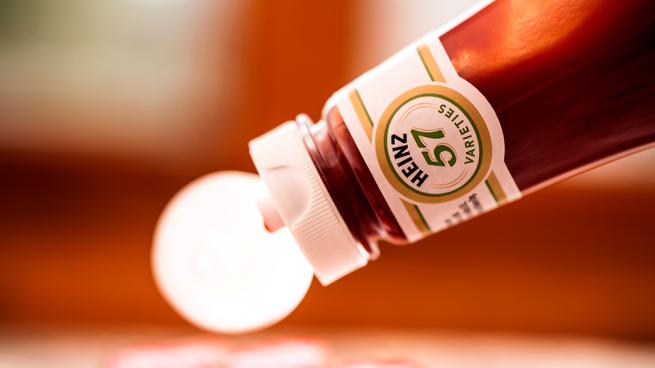
Kraft Heinz is collaborating with AB InBev to expand its presence in emerging markets through its BEES e-commerce platform.
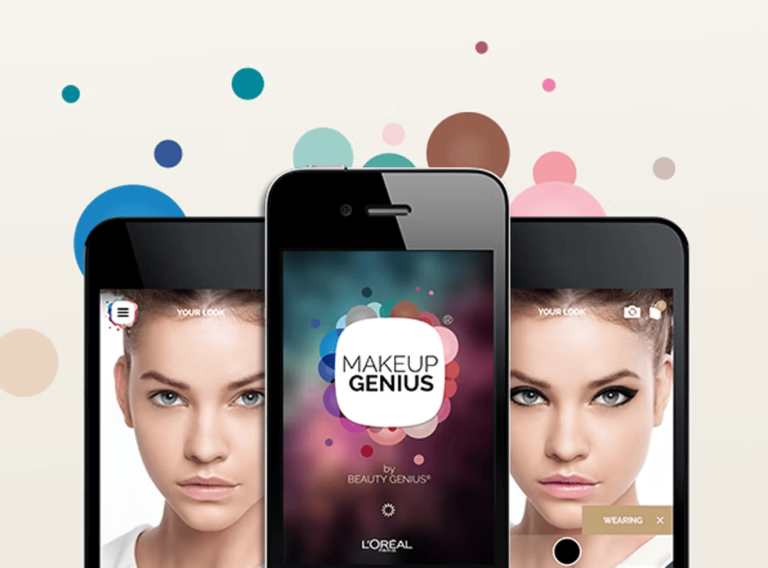
During the previous year, L’Oréal has achieved tremendous advances in digital innovation, using inclusive, science-backed beauty and exploring new selling and consumer interaction possibilities on TikTok.

Asmita Dubey, L’Oreal’s chief digital and marketing officer, has concentrated primarily on how its brands may capitalise on the potential that the metaverse and web3 now provide, while also developing a long-term strategy for these nascent platforms.

Global consumer demand has been a primary source of economic prosperity and expansion over the last century, but this success has had social and environmental consequences.
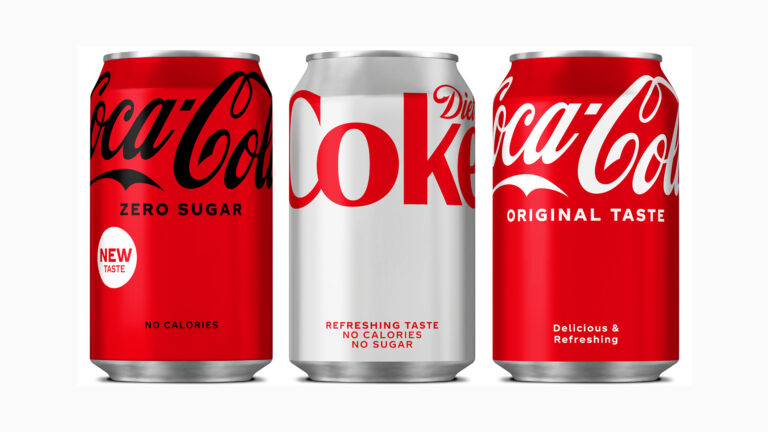
The Coca-Cola Company will leverage OpenAI’s generative AI technology for marketing and customer experiences, making it one of the first big consumer goods corporations to adopt this technology.
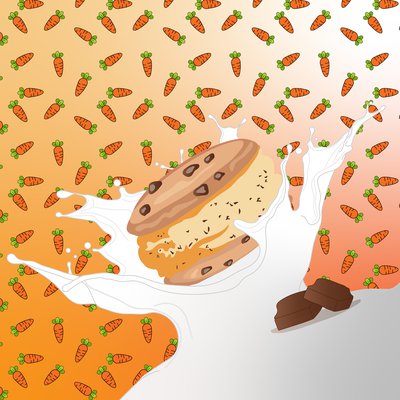
Startups and rising brands are testing the virtual waters with CPG heavyweights like Campbell Soup Co. and The Coca-Cola Co. in the non-fungible token (NFT) market.

In North America, Fanta Orange is undergoing a product refresh and integrated marketing effort, including a new logo, bottle packaging, and revised flavour profile to improve taste and tingle.
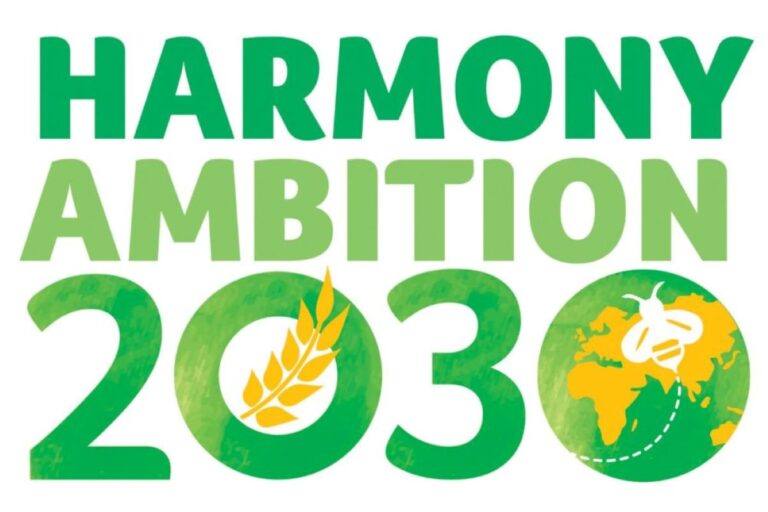
Mondelez International has announced Harmony Ambition 2030, the next step of its third-party validated European wheat sustainability initiative, in order to help reduce climate change, assist Harmony farmers, and engage in sustainable wheat research.
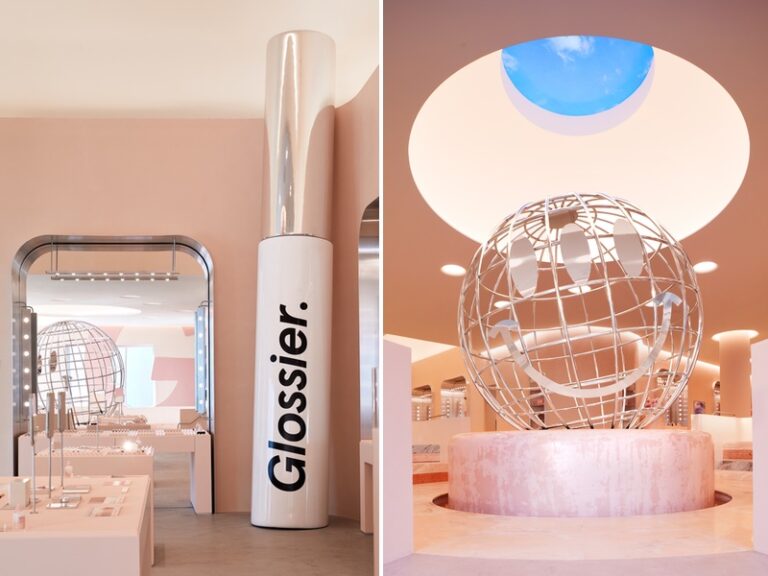
In the first few weeks of 2023, direct-to-consumer brands faced a variety of obstacles, including the effects of inflation and rising business costs.
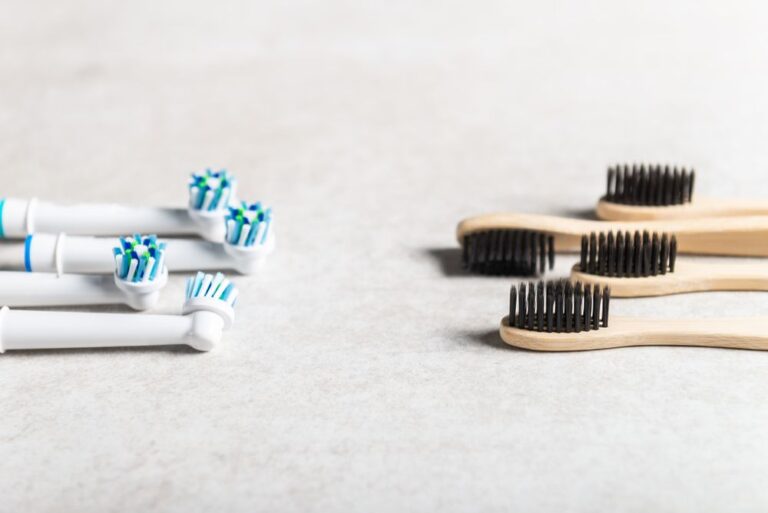
Colgate-Palmolive, Procter & Gamble, the Estée Lauder Companies, L’Oreal, and Haleon, along with a nonprofit and the Massachusetts Institute of Technology, have collaborated to develop a means to retain tiny plastic products in the recycling stream.
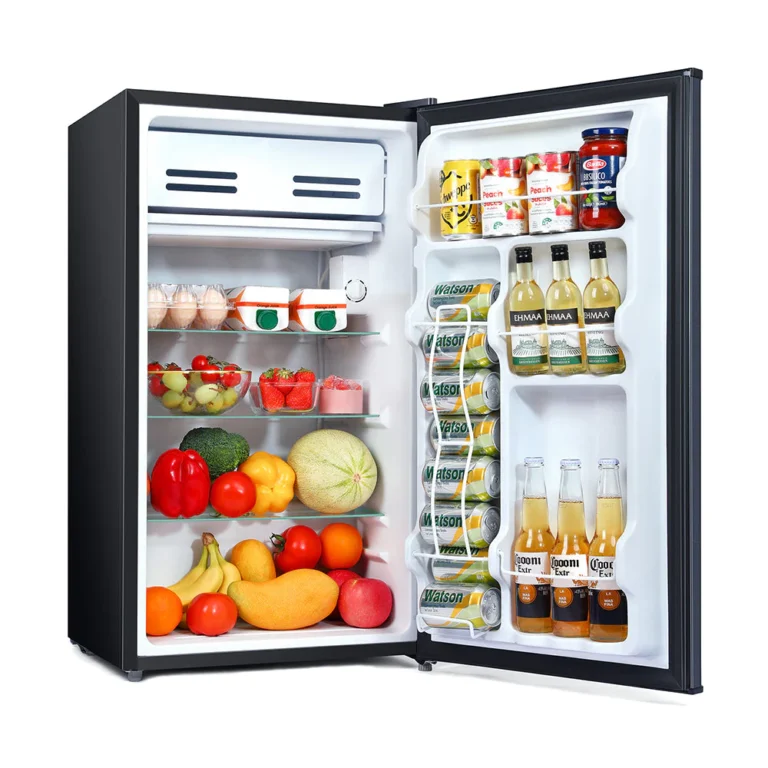
To better understand customer behaviour partners, General Mills has collaborated with Smarter, a start-up that develops the Wi-Fi and voice-enabled FridgeCam.
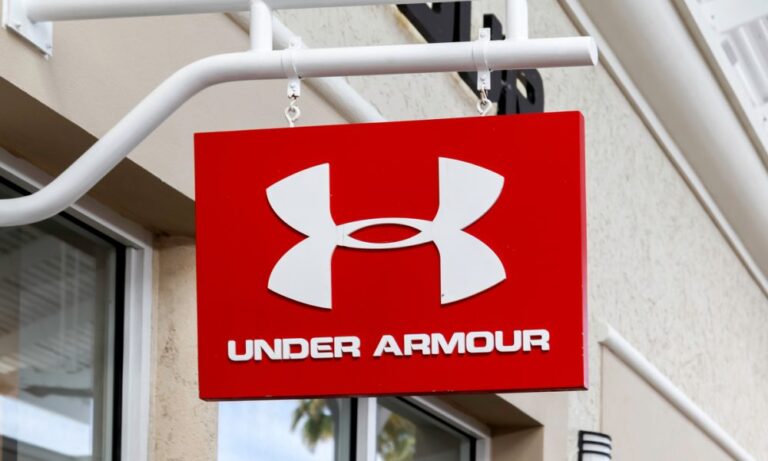
Under Armour’s revenue increased by 3% in the third quarter, with wholesale revenue increasing by 7% and direct-to-consumer sales decreasing by 1%.
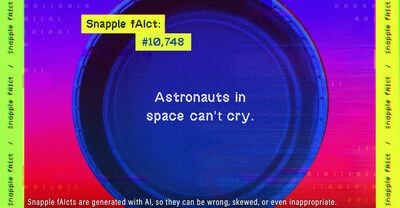
Snapple is marking the 20th anniversary of its “Snapple Real Facts” initiative by introducing the Snapple fAIct Generator, a tool that uses ChatGPT maker OpenAI’s technology to generate facts on any topic.
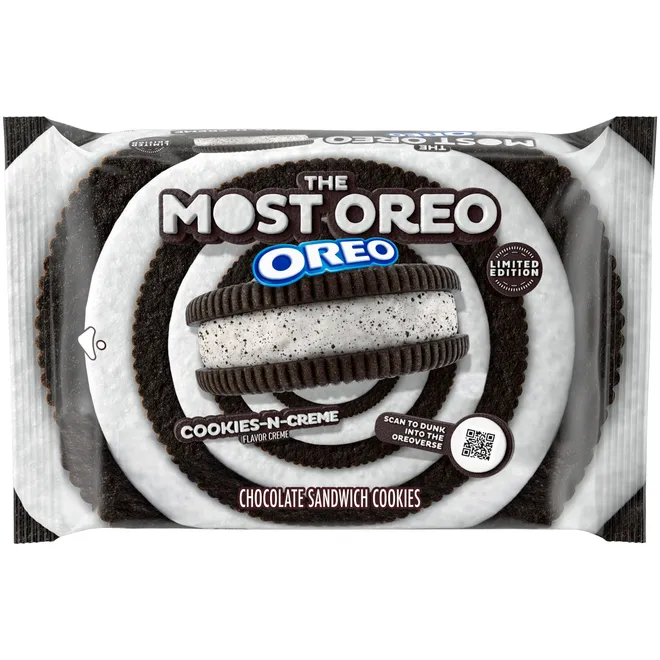
Oreo, a Mondelez International brand, is commemorating the debut of its limited-edition biscuit, “The Most Oreo Oreo,” with a metaverse campaign and a collaboration with celebrity chef Martha Stewart.

Allbirds has invented the first zero-carbon footwear, called the “M0.0NSHOT.”

Founded in 2007, JRNI aimed to become the global leader in customer interaction platforms.

Sephora and TikTok have established a new relationship to support the growth of new companies on the social media platform.

Throughout the first six months, General Mills attracted 2 million users to its Good Rewards loyalty programme, which is intended to play an important part in the company’s bigger linked commerce plan.

Unilever has used analytics and artificial intelligence to react to the pandemic’s problems.

TikTok has grown in popularity in the retail industry, particularly among Gen-Z customers.

Berry Global Group, a business that specialises on creative packaging and engineered goods, has launched a collaborative initiative with Coca-Cola to offer the beverage giant tethered caps, which would reduce littering and increase recycling.

In Hollywood, California, Mars, Inc. is testing a “store-hailing” project that includes on-demand mobile ice cream shops.

Alo Yoga has collaborated with The Sandbox, a decentralised virtual environment, to launch a line of digital Alo wearables.

Colgate-Palmolive used intelligent automation to optimise work processes as part of a bigger effort to increase digitalisation initiatives.

The Tesla Semi has been one of the company’s most delayed products, with PepsiCo being the first client with 100 vehicles it pre-ordered.

Nestlé is testing the use of VR in product development, experimenting with tools and technology that will allow them to swiftly generate and test product prototypes across the metaverse and Web3.

The winners of Gartner’s Power of the Profession Supply Chain Awards have been revealed.

T. Hasegawa USA has released its 2023 Food and Beverage Flavor Report, which highlights this year’s main trends in food and beverage flavours, up-and-coming ingredients, packaged food and restaurant projections, and more.

Unilever-owned Knorr’s ‘Dare to Try’ campaign was created in collaboration with IPG agencies MullenLowe, Weber Shandwick, R&CPMK, and Swamp Motel to underline that dishes may be delicious while also incorporating underutilised foods that represent more sustainable options.

Because of the high marketing costs associated with internet sales, DTC firms are increasingly finding value in selling items offline.

Kraft Heinz is collaborating with AB InBev to expand its presence in emerging markets through its BEES e-commerce platform.

During the previous year, L’Oréal has achieved tremendous advances in digital innovation, using inclusive, science-backed beauty and exploring new selling and consumer interaction possibilities on TikTok.

Asmita Dubey, L’Oreal’s chief digital and marketing officer, has concentrated primarily on how its brands may capitalise on the potential that the metaverse and web3 now provide, while also developing a long-term strategy for these nascent platforms.

Global consumer demand has been a primary source of economic prosperity and expansion over the last century, but this success has had social and environmental consequences.

The Coca-Cola Company will leverage OpenAI’s generative AI technology for marketing and customer experiences, making it one of the first big consumer goods corporations to adopt this technology.

Startups and rising brands are testing the virtual waters with CPG heavyweights like Campbell Soup Co. and The Coca-Cola Co. in the non-fungible token (NFT) market.

In North America, Fanta Orange is undergoing a product refresh and integrated marketing effort, including a new logo, bottle packaging, and revised flavour profile to improve taste and tingle.

Mondelez International has announced Harmony Ambition 2030, the next step of its third-party validated European wheat sustainability initiative, in order to help reduce climate change, assist Harmony farmers, and engage in sustainable wheat research.

In the first few weeks of 2023, direct-to-consumer brands faced a variety of obstacles, including the effects of inflation and rising business costs.

Colgate-Palmolive, Procter & Gamble, the Estée Lauder Companies, L’Oreal, and Haleon, along with a nonprofit and the Massachusetts Institute of Technology, have collaborated to develop a means to retain tiny plastic products in the recycling stream.

To better understand customer behaviour partners, General Mills has collaborated with Smarter, a start-up that develops the Wi-Fi and voice-enabled FridgeCam.

Under Armour’s revenue increased by 3% in the third quarter, with wholesale revenue increasing by 7% and direct-to-consumer sales decreasing by 1%.

Snapple is marking the 20th anniversary of its “Snapple Real Facts” initiative by introducing the Snapple fAIct Generator, a tool that uses ChatGPT maker OpenAI’s technology to generate facts on any topic.

Oreo, a Mondelez International brand, is commemorating the debut of its limited-edition biscuit, “The Most Oreo Oreo,” with a metaverse campaign and a collaboration with celebrity chef Martha Stewart.
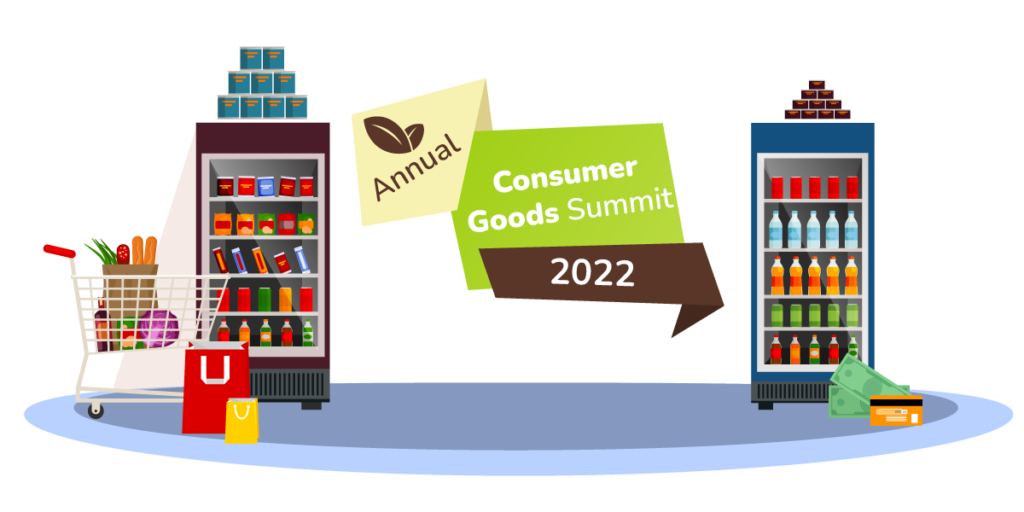
Consumer Goods industry will surpass $15T globally by 2025. However the old business model of mass distribution is about to become obsolete. Digital Transformation, Millennials and Gen Z effect, Direct to Consumer and Post-Covid World are going to reshape the winning formula for the new era CG industry. Our weekly newsletter covers global innovations and disruptions in CG industry.
ConsumerGeniuses is managed by IndustryGeniuses (A place where industries meet innovation). We are rolling out content platforms for the world’s hottest industries such as Food & Grocery Retail, Consumer Goods and Healthcare. For each of these key industries, we support Tech Startups and Industry Disruptors as they roll out next generation digital initiatives.
IndustryGeniuses team brings practical domain knowledge of working with 300+ tech startups and brands over the past decade.